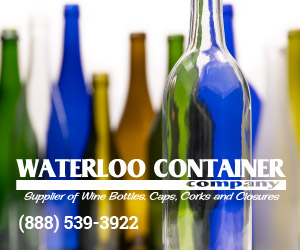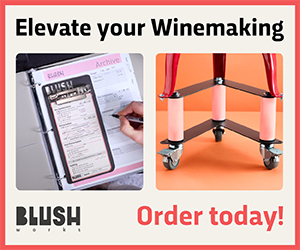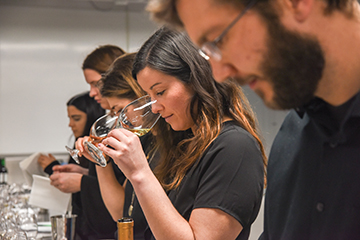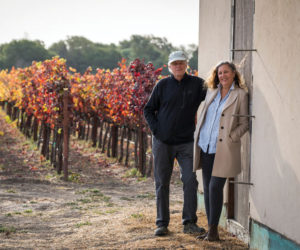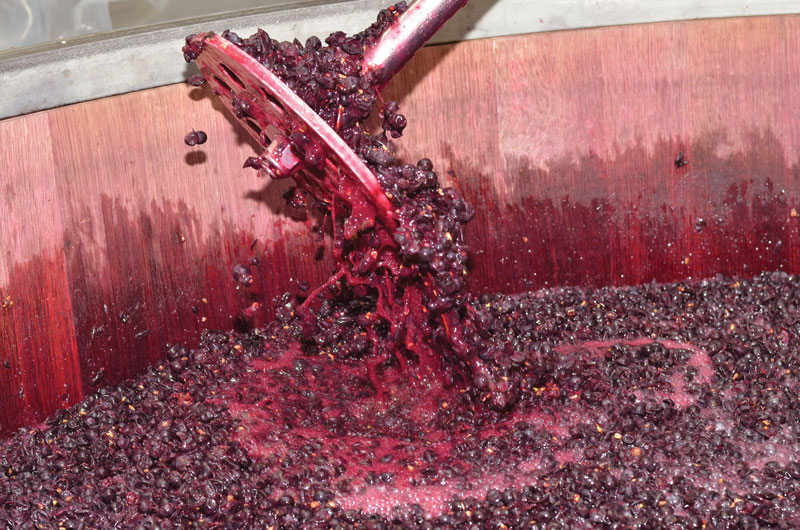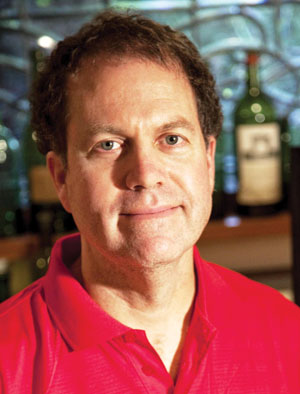 Pat Henderson, Senior Winemaker at Kenwood Vineyards in the Sonoma Valley. In addition to his work at Kenwood, Pat is also a winemaking instructor at Santa Rosa Junior College where he has taught since 1991. Pat is a graduate of the Viticulture and Enology program at the University of California at Davis. After graduation he worked in both the Napa and Sonoma Valleys before taking his first position as Head Winemaker at Hedges Cellars in Washington State in 1995.
Pat Henderson, Senior Winemaker at Kenwood Vineyards in the Sonoma Valley. In addition to his work at Kenwood, Pat is also a winemaking instructor at Santa Rosa Junior College where he has taught since 1991. Pat is a graduate of the Viticulture and Enology program at the University of California at Davis. After graduation he worked in both the Napa and Sonoma Valleys before taking his first position as Head Winemaker at Hedges Cellars in Washington State in 1995.
Since 1991 I have been teaching WINE 3, a four-unit class in winemaking at Santa Rosa Junior College in Sonoma County, California. It is an in-depth course that covers both the theory and practice of winemaking. It provides a good basic knowledge of winemaking skills. If the student is transferring to a four-year program in winemaking it provides a good foundation for taking more advanced classes. Last summer I also started teaching an online beginning winemaking class through VESTA (Viticulture Enology Science and Technology Alliance) that is offered through Missouri State University.
I teach a broad mix of students. Some are from the local wine industry looking for more training in winemaking to advance their careers, some are students that are planning to transfer into a four-year college to complete their education with a bachelor’s degree in enology, and many are home winemakers looking to perfect their skills and make better wine.
The first step in selecting which program is best for you is to think about what you want to get out of a higher education in wine. If you are starting from scratch, and have the time and money, a four-year college is a great option. If money is an issue, starting out at a local community college and getting the science and biology prerequisites out of the way before starting a four-year college is a good idea.
If your local community college does not offer any winemaking classes you can take wine classes online or through a university extension. You can also look for harvest or part-time work at a local winery to get your feet wet in the industry.
Before you go to winemaking school, it is a good idea to take college classes in basic chemistry and microbiology as a prerequisite that will allow you to get a lot more out of your winemaking classes. I also cannot overstate the value of winery internships while you are in school; not only do they give you experience and contacts in the industry, they also give you a chance to see if you will actually enjoy winemaking as a career. You never work harder (or get paid less) than your first vintage in the wine business, so if you still enjoy winemaking after your first harvest it just gets better every year.
All of my classmates in the Viticul-ture & Enology program at UC-Davis loved wine and loved the romance of being in the wine industry before they started school, but unfortunately not all of them loved the job of winemaking. I would say about a quarter of the friends that I graduated with ended up in other careers. Don’t kid yourself, winemaking involves a lot of hard work and you have to pay your dues before you get the chance to become a head winemaker. But if you have a passion for winemaking, it is a very satisfying job. For example, 2011 was my 31st vintage and I still love what I do for a living.
Getting an education in winemaking allows you to really understand the process and get beyond making wine by “recipe.” The skills that you learn in a winemaking class will help you to either start a professional career or allow you to take your homemade wine to the next level of quality. Also, schools differ in terms of how much their teaching is “theory” versus “hands on.” If the classes do not have a lot of time getting dirty in the cellar it is even more important to supplement with winery internships.
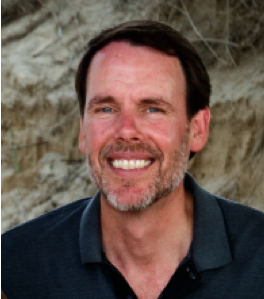 Grady Wann, Program Director for the Winemaking Certificate Program at UC Davis Continuing and Professional Education. Grady has previously taught courses on the chemistry of winemaking and organic chemistry. He spent 25 years working in the wine industry as a research enologist, winemaker, winery manager and consultant before joining UC Davis Continuing and Professional Education in 2008.
Grady Wann, Program Director for the Winemaking Certificate Program at UC Davis Continuing and Professional Education. Grady has previously taught courses on the chemistry of winemaking and organic chemistry. He spent 25 years working in the wine industry as a research enologist, winemaker, winery manager and consultant before joining UC Davis Continuing and Professional Education in 2008.
The Winemaking Certificate Program at UC Davis Continuing and Professional Education is an online program developed in partnership with the Department of Viticulture and Enology at the University of California, Davis. The program combines academic theory with real-world, commercial application delivered by experienced commercial winemakers.
It is always a good idea to talk to people who have completed any winemaking programs you are interested in before you enroll so you can discuss the elements that are most important to you and see how the program has impacted others. It may also provide some insight into whether your personal goals will be addressed and if you will be prepared for the amount of work and commitment required. Often the instructor is the most important part of the equation in this learning process.
The biggest concern I have heard from our students is having an appropriate chemistry background before enrolling. Because our program is so science-based, a fundamental understanding of chemical concepts is essential. One semester of college chemistry is required as a prerequisite for acceptance into the program, but often that is not enough. The more rigorous chemistry courses may not have the full range of useful topics covered in a single semester, while other courses may not have enough depth, math or detail for full preparation. We try to assist our applicants to prepare them for the program, but it can still be a struggle for some.
If you are passionate about making wine, you will want to understand the process in more detail. While good wines can be made without this knowledge, the only way to consistently make good wine is to be a student of the process.

